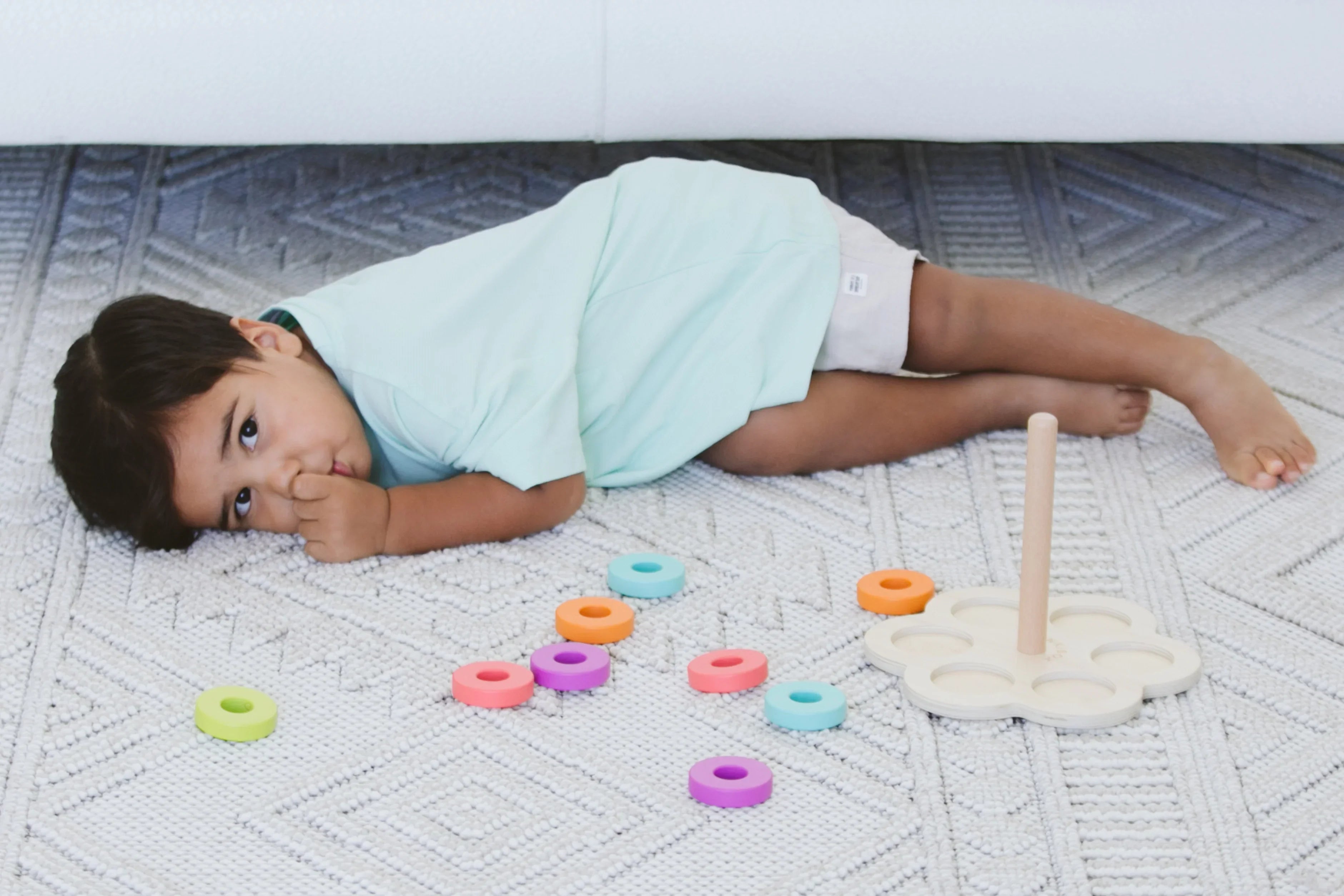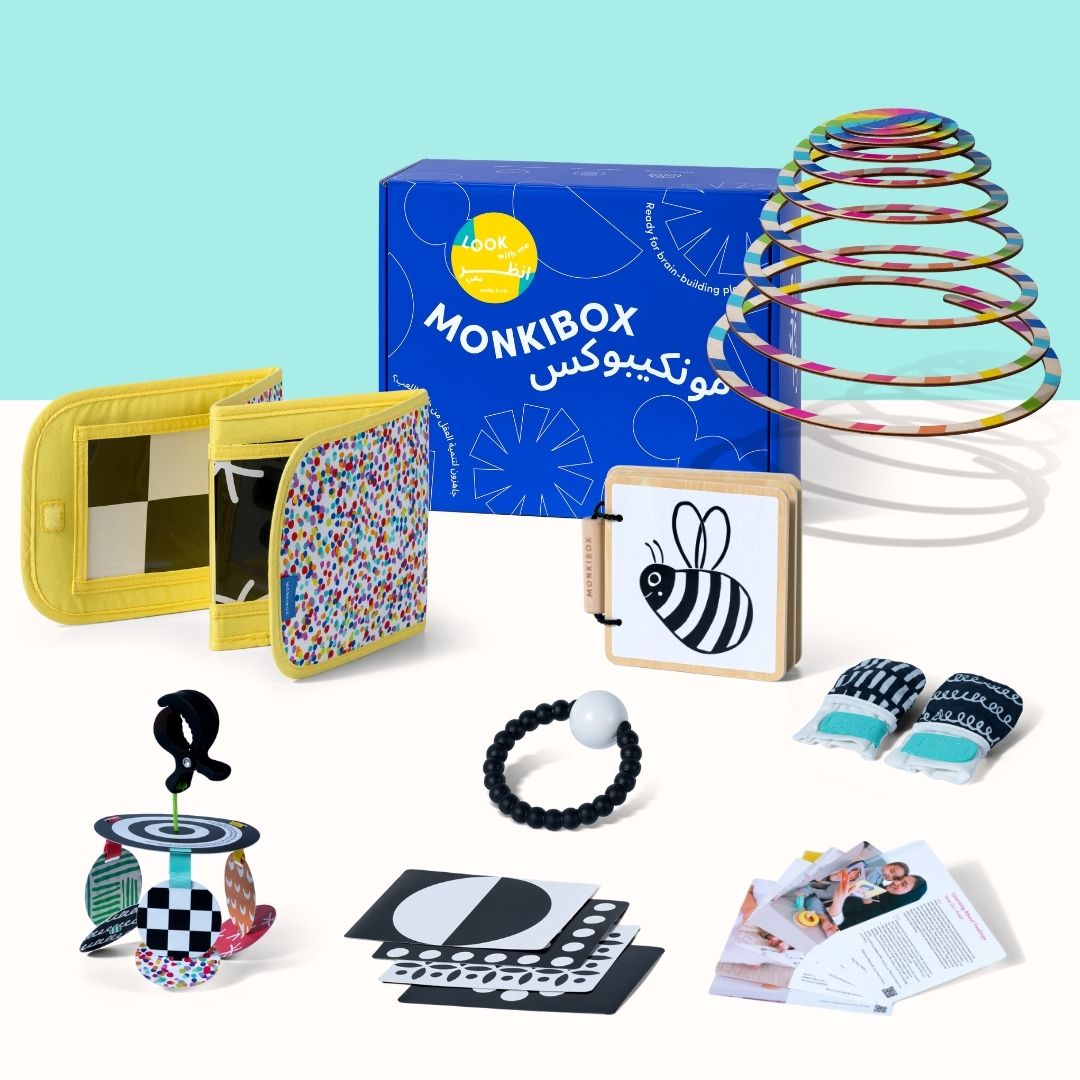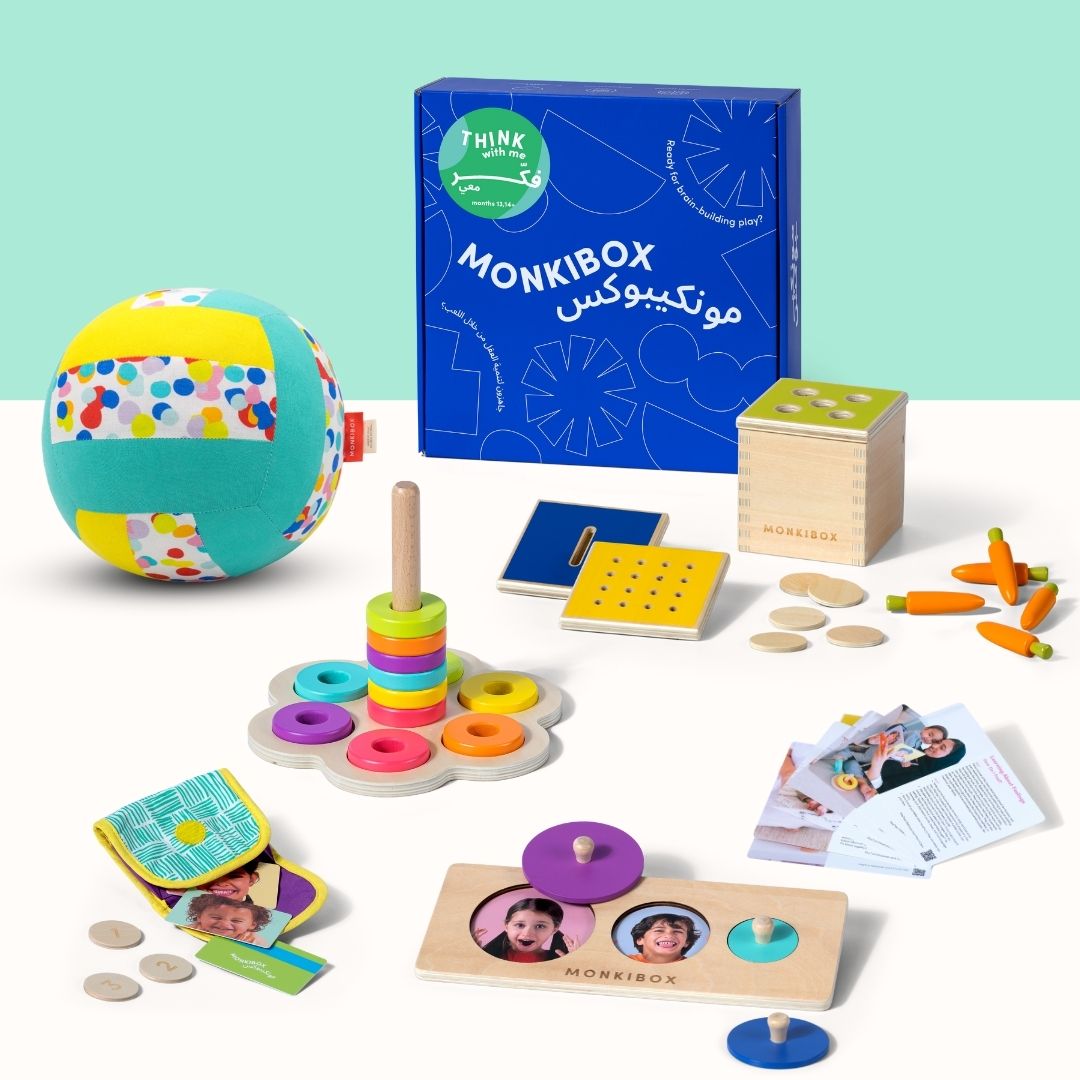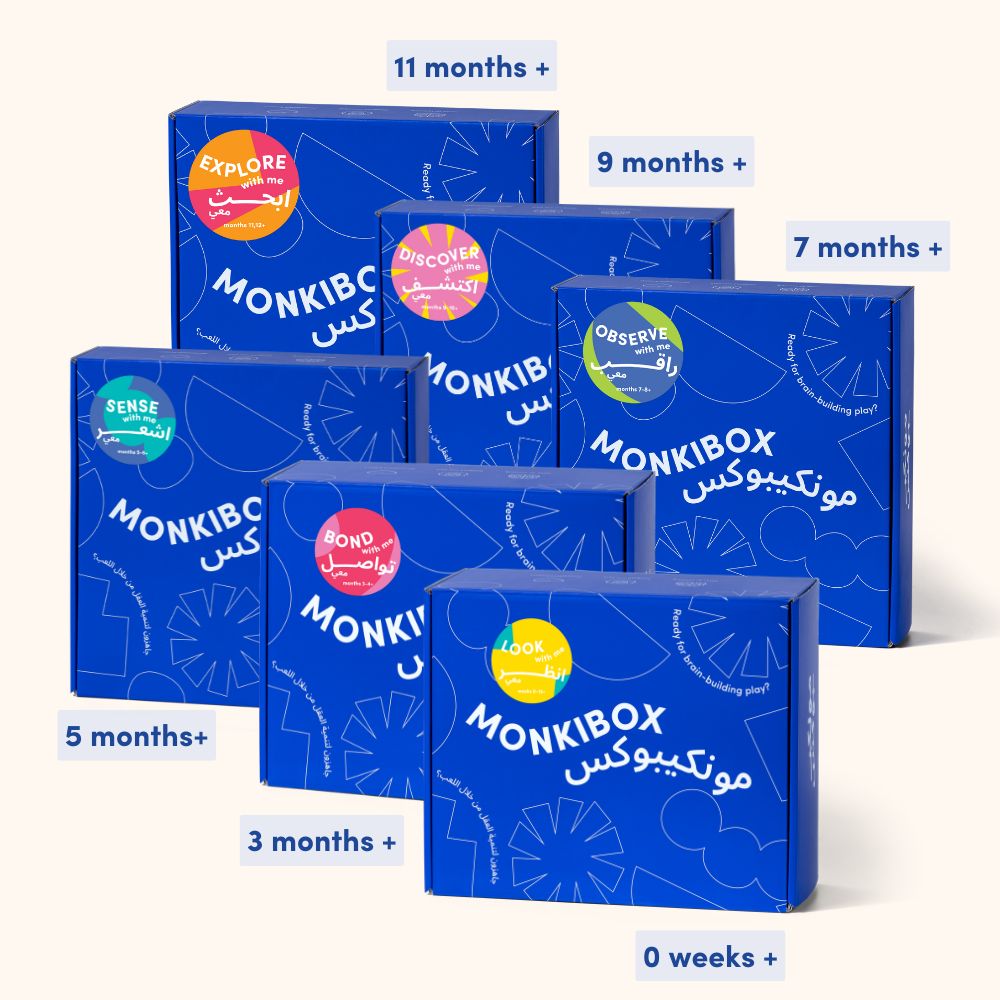As toddlers navigate their world, it’s not uncommon for them to express their frustrations through physical actions like kicking, biting, and hitting. These behaviors are a natural part of their development, often resulting from their limited ability to communicate complex emotions verbally.
Expert Tips for Responding to Aggressive Behaviors:
-
Provide a Calm and Clear Response:
When your toddler lashes out, it’s important to respond calmly and clearly. Gently move their hand away and explain, "Hitting hurts. We don’t hit." This straightforward communication helps them understand that their actions have consequences and that hurting others is not acceptable. -
Validate Their Emotions:
Acknowledge your child’s feelings before addressing the behavior. Saying something like, "I see you’re upset, but hitting isn’t okay," validates their emotions while setting boundaries. This approach teaches your toddler that while their feelings are important, there are appropriate ways to express them. -
Model Positive Behavior:
Toddlers learn by imitating adults, so it’s essential to model the behavior you want to see. Show them how to use gentle touches and kind words. For example, if your toddler hits, you might say, "Let’s use our hands for gentle touches," and then demonstrate by gently patting their arm. -
Redirect Aggressive Actions:
If your toddler is prone to biting or hitting, try redirecting their energy toward a positive activity. For instance, if they bite, offer them a teething toy to chew on. This not only satisfies their need to bite but also teaches them appropriate alternatives. -
Praise Positive Interactions:
Reinforce good behavior by praising your toddler when they interact gently or use their words to express frustration. Positive reinforcement encourages them to repeat the behavior, helping to replace negative actions with positive ones over time.
Aggressive behaviors in toddlers are a normal part of their development as they learn to navigate their emotions. By responding with empathy, clear communication, and positive reinforcement, you can help your child develop better ways to express themselves and interact with others.





